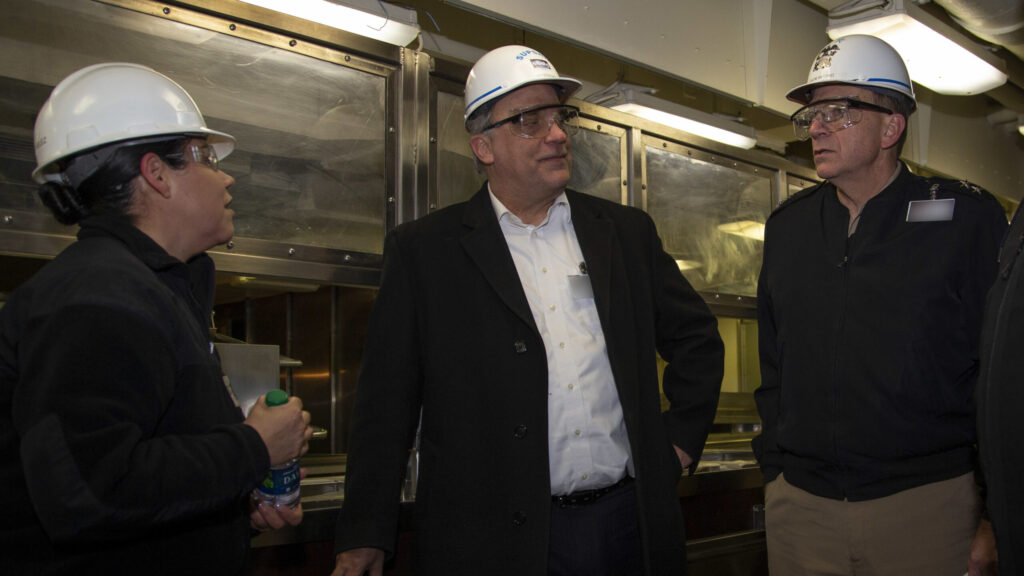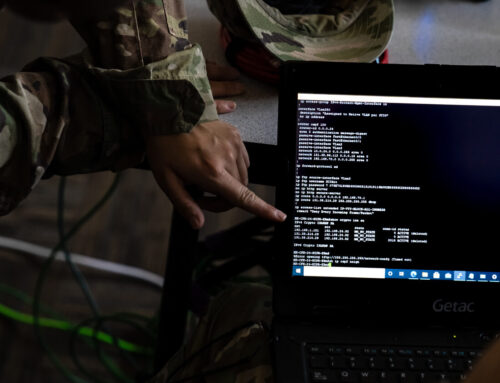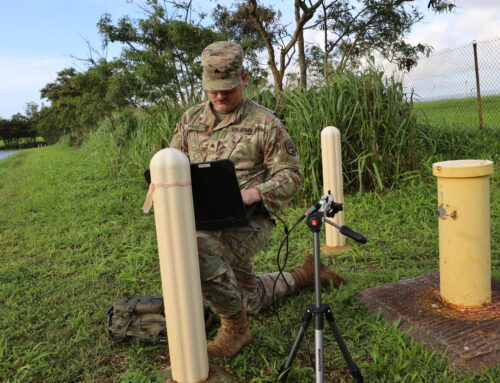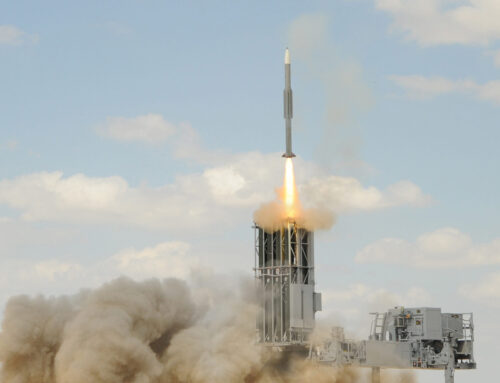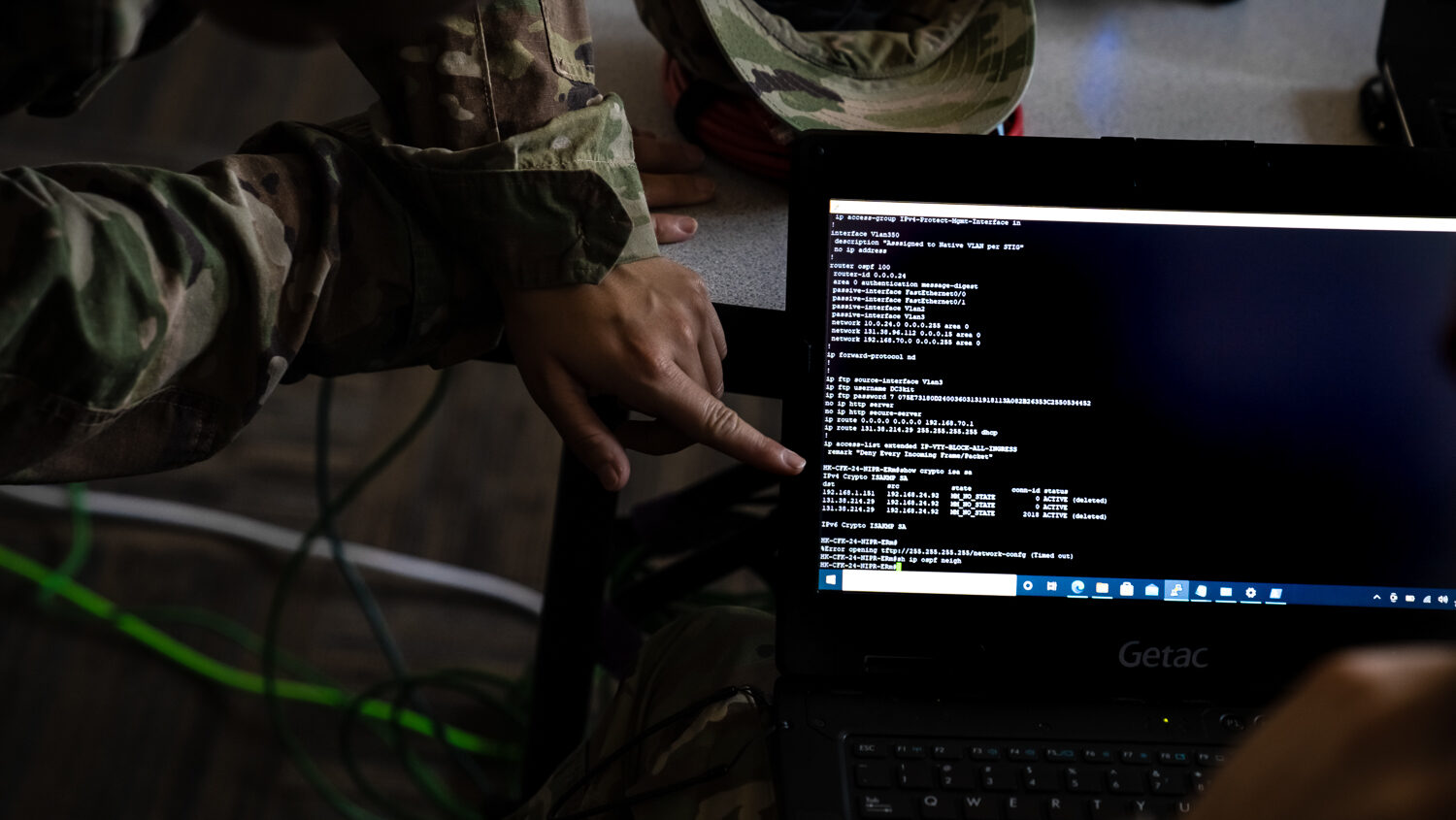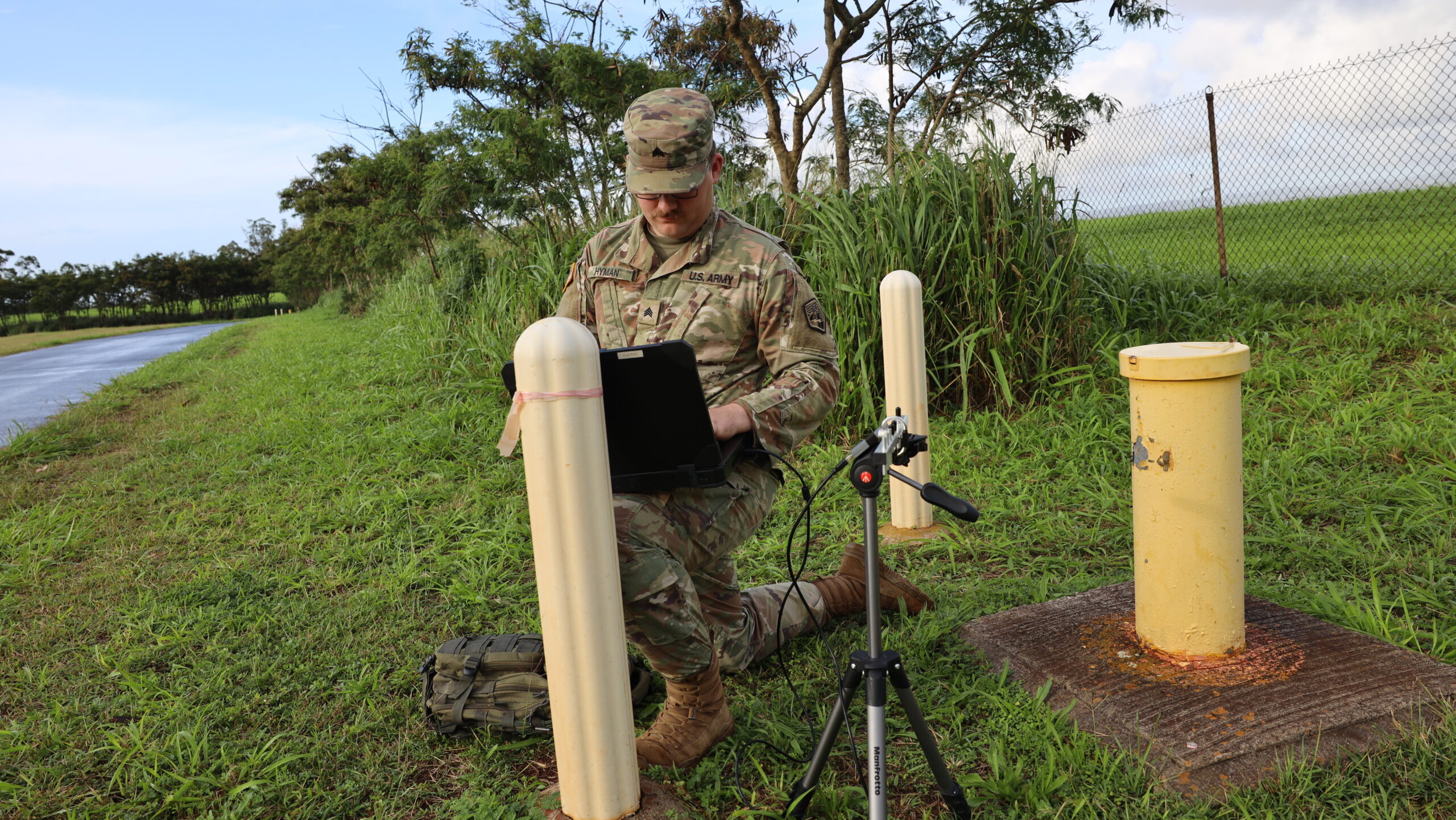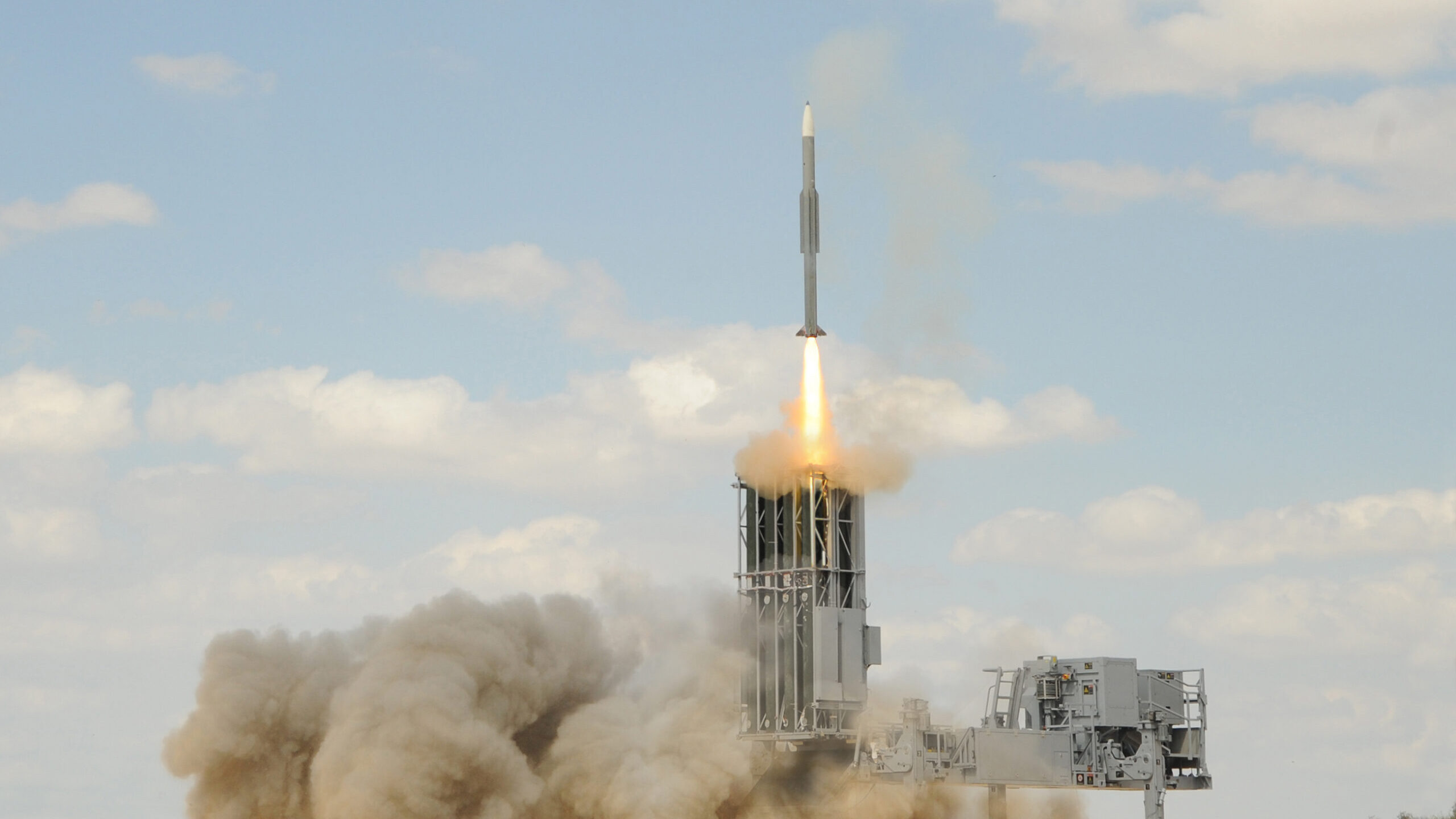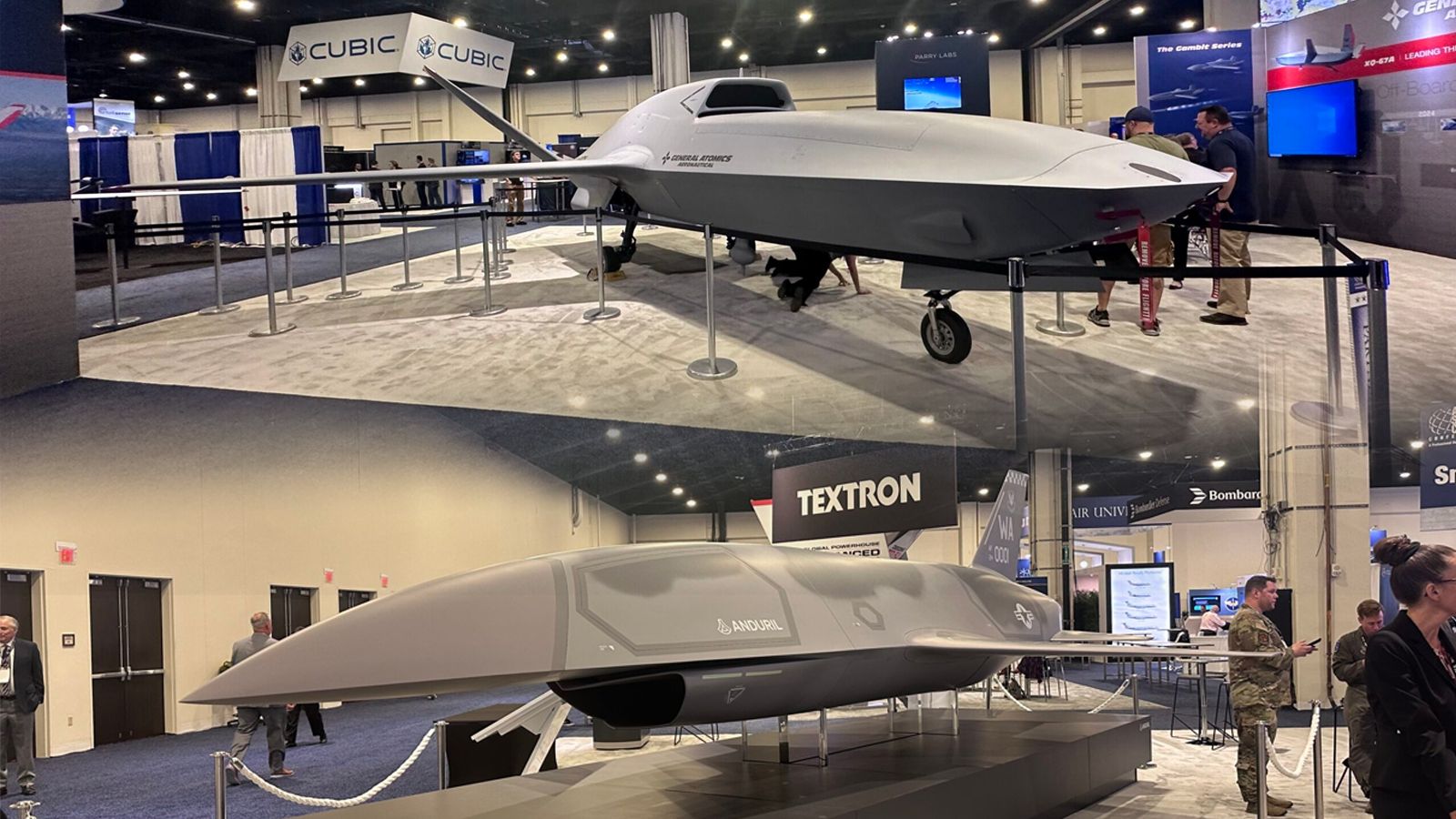Lt. J.G. Pamela Velez, left, from Denver, assigned to USS Gerald R. Ford’s (CVN 78) supply department, tours the ship with Rear Adm. Brian Antonio and Frederick Stefany (center). (U.S. Navy photo by Mass Communication Specialist 3rd Class Brett Walker)
WASHINGTON — The Navy has announced Frederick “Jay” Stefany, a senior official in the service’s acquisition directorates, will take on a new role overseeing investments in the surface ship and submarine industrial bases starting next month.
The role will be called the “direct reporting program manager for the maritime industrial base” and its creation is linked to Navy Secretary Carlos Del Toro’s “maritime statecraft” effort aimed at revitalizing American shipbuilding.
“The DRPM for MIB will play an instrumental role in realizing Secretary Del Toro’s vision to engage in a whole-of-government effort to rebuild the Nation’s comprehensive maritime power and position the Navy and industry to build the expanded surface and submarine fleet that is required to achieve our National Defense Strategy,” according to the Navy statement on Stefany’s assignment Friday.
Nickolas Guertin, the Navy’s acquisition executive, said that in his current role Stefany “has been at the forefront of developing the strategy and securing over $40 [billion] in industrial base investment to meet our submarine and shipbuilding imperatives.” Guertin said Stefany is “exactly the right person to expand” on those efforts amid the Navy’s modernization push.
The creation of the new role also comes as the Navy’s presidential budget request for fiscal 2025 plans to invest more than $11 billion in the submarine industrial base moving forward, specifically to prepare for the bow wave of work necessary to support both US Navy shipbuilding as well as the trilateral AUKUS agreement.
Separately, a new report, published today and authored by an independent panel, concluded the Pentagon’s current National Defense Strategy is both out of date and “grossly inadequate” to confront the threats posed to the United States by Russia and China. On shipbuilding, the panel concurred with Navy-led efforts to expand its rank to include unmanned systems as well as filling numerous capability gaps in undersea systems.
“The commission recommends substantial investment elsewhere in shipbuilding, depot, and maintenance infrastructure, as well as procurement of ships from allies to supplement U.S. production, which will all be necessary to reach any of the fleet sizes proposed by the Navy in the time frame demanded by the threat,” according to the document.
The commission also acknowledged another panel established by lawmakers to make recommendations about the future of the US Navy, but that body has failed to gain traction, as key members of Congress have dragged their feet on naming their respective commissioners.


